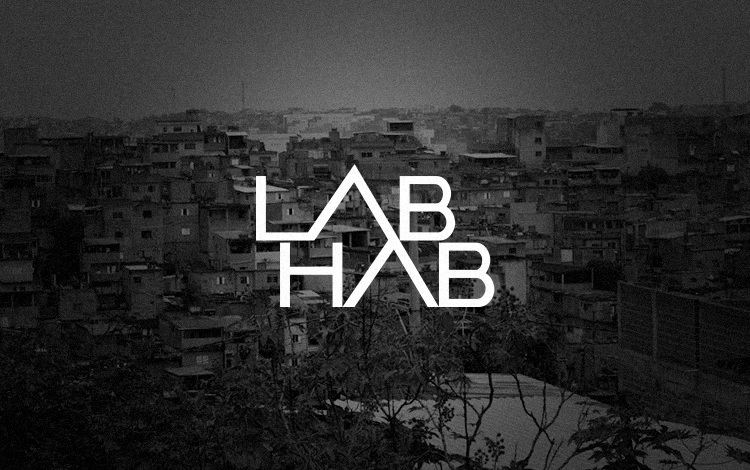Erminia Maricato
Full Professor at the University of São Paulo. Former Secretary for Housing and Urban Development in the city of São Paulo (1989/92). Vice- Minister of Cities of Brazil (2003/2005).
Some questions may help us approach such a complex subject as urban planning, which is undergoing a great change in a world turned upside down due to the restructuring of capitalist production started at the end of the 20th century.
Considering that some nation-states are more fragile than many of the largest world corporations, and these corporations have little restrictions to expand their power and impose their models, which are the prospects for development of territorial planning inspired in cultural, social, and environmental diversity of each country and city?
Considering that neoliberal tenets supporting globalization impose deregulation and privatization of public services, eliminating the notion of subsidies, how can policies oriented to the needs of most populations in countries on the periphery of capitalism – and excluded from private markets – be planned and implemented?
Considering that dominant international financial capital will not submit to the rhythm or uncertainties of national democratic institutions, and therefore will engender new institutions with more decision-making power (decisions on primary surplus targets; interest rates; exchange rates; country-risk) than national Congresses or High Courts, can territorial planning carried out according to public policies with social participation counteract the interests of the new imperialism?
ARQUIVOS PARA DOWNLOAD |
| Download do Artigo ( PDF | 240Kb ) |


